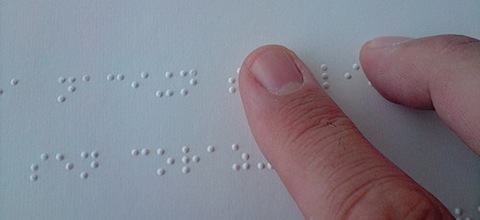 If you need a bookmarklet to search for Flickr photos that have been licensed for commercial re-use and modification, drag the following link to the bookmarks bar on your browser: Search Flickr. (This is a variation on a bookmarklet created by Konrad Lawson.)
If you need a bookmarklet to search for Flickr photos that have been licensed for commercial re-use and modification, drag the following link to the bookmarks bar on your browser: Search Flickr. (This is a variation on a bookmarklet created by Konrad Lawson.)
If you need a bookmarklet that will automatically generate a hyperlinked attribution for an individual Flickr photos, drag the following link to the bookmarks bar on your browser: Flickr attribution. (This is a variation on a bookmarklet created by Cory Dodt.)
I also created a (silent) screencast demonstrating how to use the bookmarklets. In order to make sense of what’s going on you’ll probably want to expand the video to fill your screen.
[Creative Commons licensed Flickr photo by rosemilkinabottle]


 The 2011 meeting of the
The 2011 meeting of the 